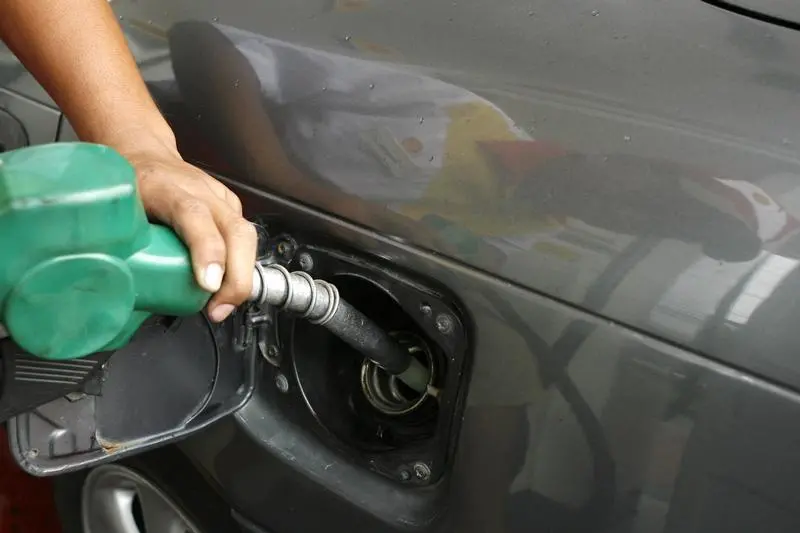PHOTO
By Maha El Dahan
ABU DHABI, July 22 (Reuters) - The United Arab Emirates said it would let domestic fuel prices move more freely in a politically sensitive reform that could save the government billions of dollars and begin reducing the wealthy country's love of gas-guzzling cars with big engines.
Gasoline and diesel will be deregulated from Aug. 1 and a new pricing policy linked to global levels will be introduced, state news agency WAM quoted the energy ministry as saying on Wednesday.
"Deregulating fuel prices will help decrease fuel consumption and preserve natural resources for future generations," said energy minister Suhail bin Mohammed al-Mazroui.
"It will also encourage individuals to adopt fuel-efficient vehicles, including the use of electric and hybrid cars."
Matar al-Nyadi, undersecretary of the ministry and chairman of its new Gasoline and Diesel Prices Committee, told Reuters that gasoline prices might initially rise slightly because of the reform, while diesel would fall.
At present, state subsidies keep gasoline and diesel in the Arab world's second biggest economy at some of the lowest prices in the world. Motorists pay 47 U.S. cents for a litre of gasoline, less than a third of levels in western Europe.
Cutting subsidies and letting fuel prices rise could boost UAE state finances, which have been weakened by a plunge of oil export revenues since 2014 due to the fall in global crude prices.
The International Monetary Fund projects the UAE will post its first fiscal deficit this year since 2009; it estimates the country spends $7 billion annually on petroleum subsidies.
The ministry's statement did not give details of the new pricing policy, beyond saying the prices committee would announce on the 28th of each month prices for the following month, basing its decision on "average global prices with the addition of operating costs".
The global price of Brent oil
Mazroui said fuel price changes would not raise the UAE's cost of living significantly, while diesel's expected fall next month would help the economy.
"This will stimulate the economy as a lower diesel price would mean lower operating costs for a wide number of vital sectors like industry, shipping and cargo among many others."
The announcement put the UAE at the front of economic reform among the rich Gulf oil states. Other governments are grappling with similar financial pressures but have mostly not had the political will to push through major change.
Kuwait raised its domestic diesel and kerosene prices in January but partially reversed the hikes a few weeks later after criticism by some members of parliament.
Abu Dhabi, the biggest emirate in the UAE, hiked electricity and water tariffs in January as part of efforts to cut subsidies.
(Writing by Andrew Torchia) ((andrew.torchia@thomsonreuters.com; +9715 6681 7277; Reuters Messaging: andrew.torchia.thomsonreuters.com@reuters.net))





















